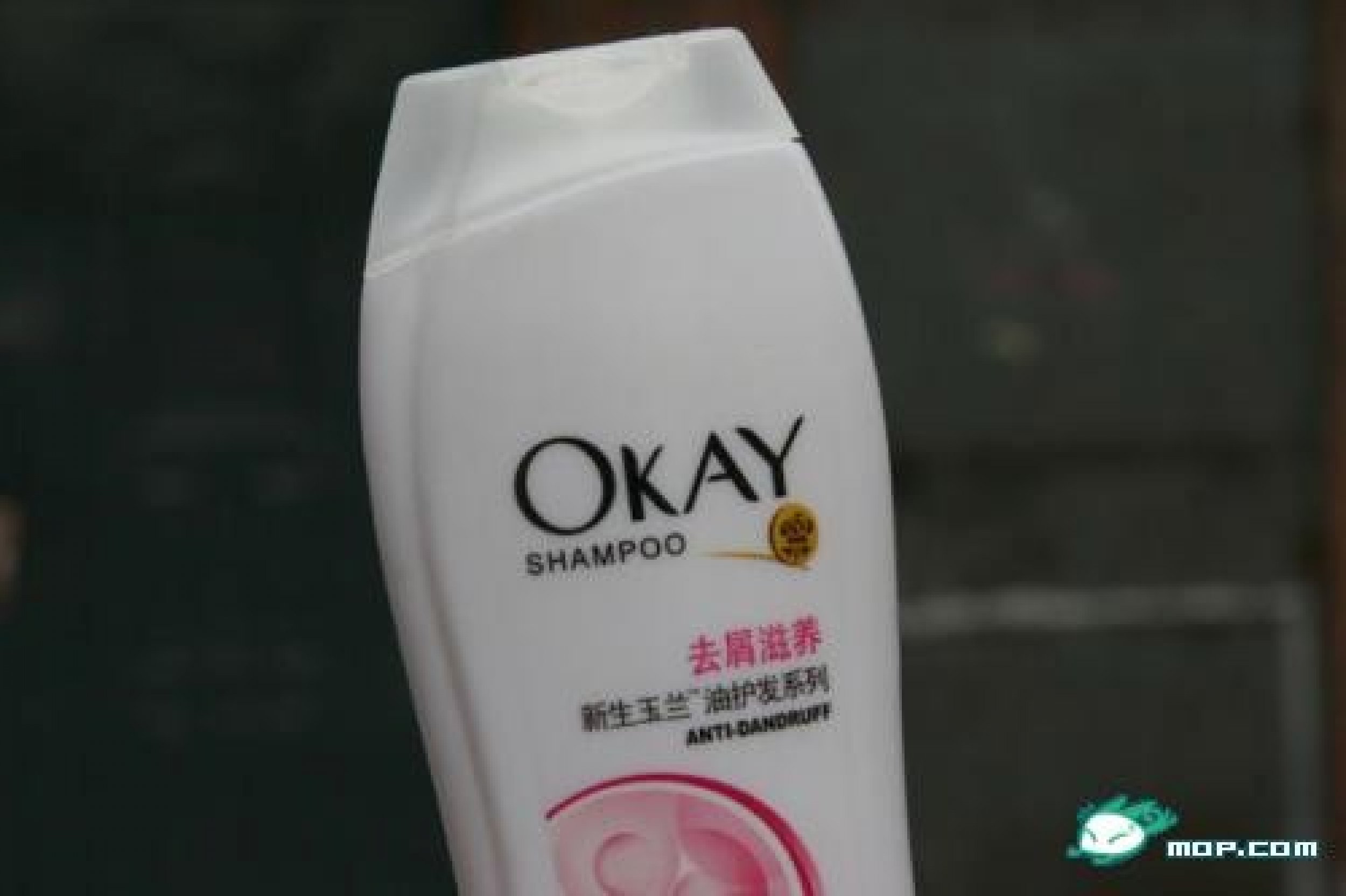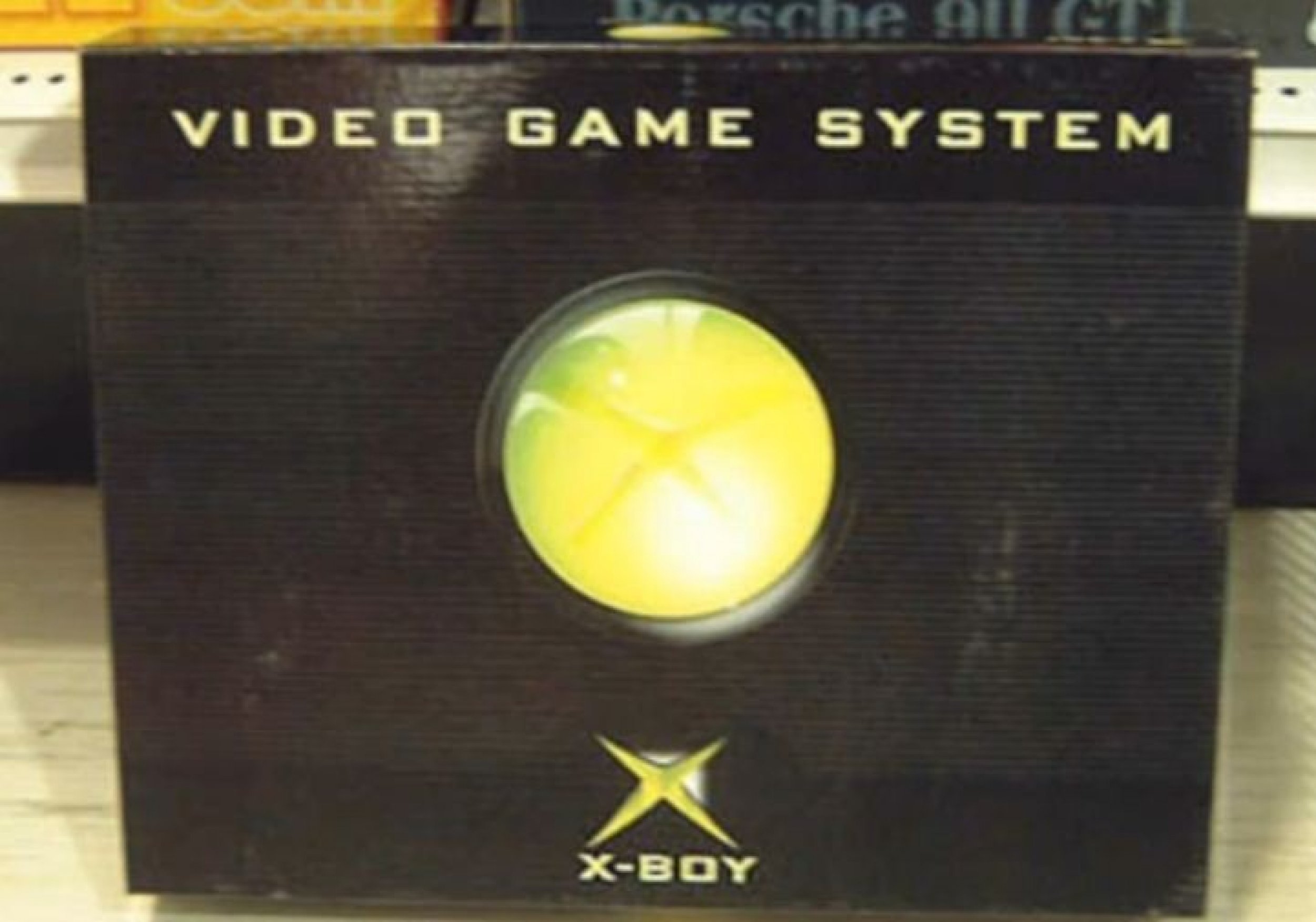Fake Apple Store Fools Inspectors and Staff, Plus Other Counterfeit Brands (PHOTOS)
The recent news of Chinese counterfeiting Apple stores and products has triggered inspections from Kunming authorities after customers and staff were fooled by fake products. Near perfect replications of Apple devices and stores will make challenging work for those going in to differentiate genuine from counterfeit items. The discovered fake Apple stores covered all the details from furniture display, a Genius Bar, product layout, signage, and staff uniforms.
Customers and even staff working in the fake stores were fooled at the authenticity of Apple products. China is notorious for counterfeited products that includes everything from watches, clothes, luxury items, electronics, and in this case Apple stores. The fake items generally are sold for a fraction of the actual cost in retail stores, but the products in the fake Apple Store are selling for the same price as the real iPads and iPhones in Genuine stores.
This was a total Apple store rip-off. A beautiful rip-off - a brilliant one - the best rip-off store we had ever seen.... Being the curious types that we are, we struck up some conversation with these salespeople who, hand to God, all genuinely think they work for Apple, wrote an anonymous blogger.
China is now in the spotlight again as counterfeit goods continue to be on the rise despite attempts from the U.S. government's pressure for a crackdown on the illegal activities. Shipments of fake products are showing an upward trend according to statistics by the European Commission. In 2010, 80,000 cases involving 103 million items detains at the European border were reported, nearly doubling the amount seen in 2009. The report indicated that online sales of these products ballooned the figures.
The sale of pirated goods creates an immediate stream of revenue for the country as the market is valued between $19-24 billion. The Kunming investigations on fake Apple Stores will check the business permits and licenses along with authorized brand use. Inspection will also include tracking the purchase channel for products sold at the store.
Some such as Professor Daniel C.K. Chow from Ohio State University College of Law, fear that the Chinese government is not doing enough to crackdown on counterfeiting activities.
Though there is no coordinated national plan to encourage IP theft, such violations often are tolerated. While some in the central government take intellectual property rights seriously, others
see piracy as a typical path for developing nations attempting to foster economic
development, wrote Chow at a U.S.-China Economic and Security Review Commission hearing.
Reports from the investigation is expected to be made public soon according to an inspector. Apple now joins a long list of major brands that have been entangled in the web of counterfeiting. Check out more examples of counterfeit brands by clicking START.
























© Copyright IBTimes 2024. All rights reserved.











